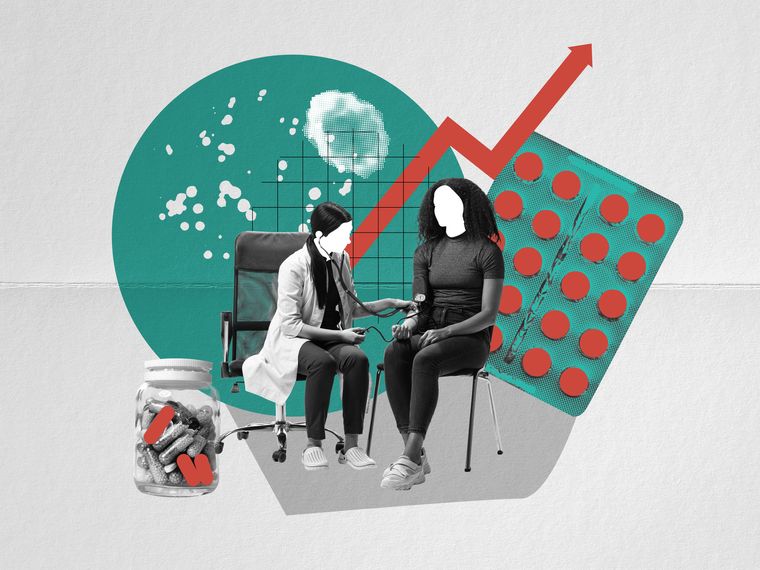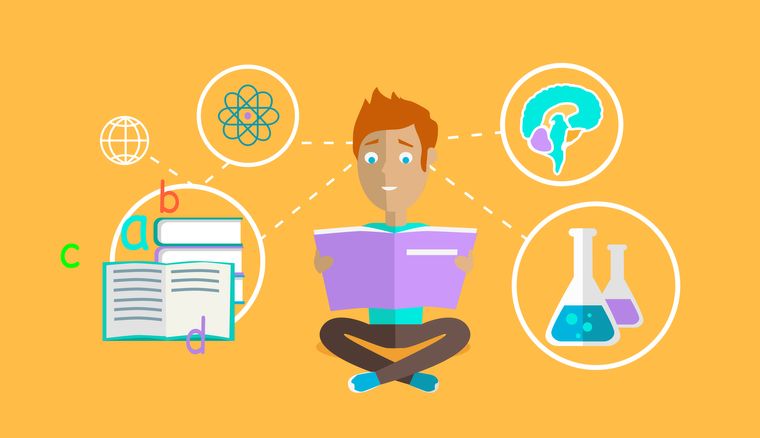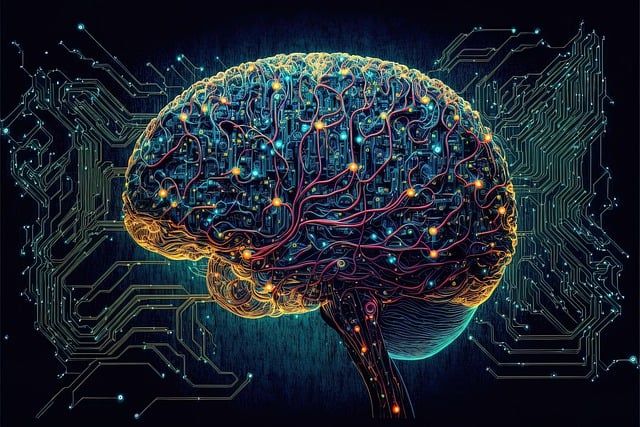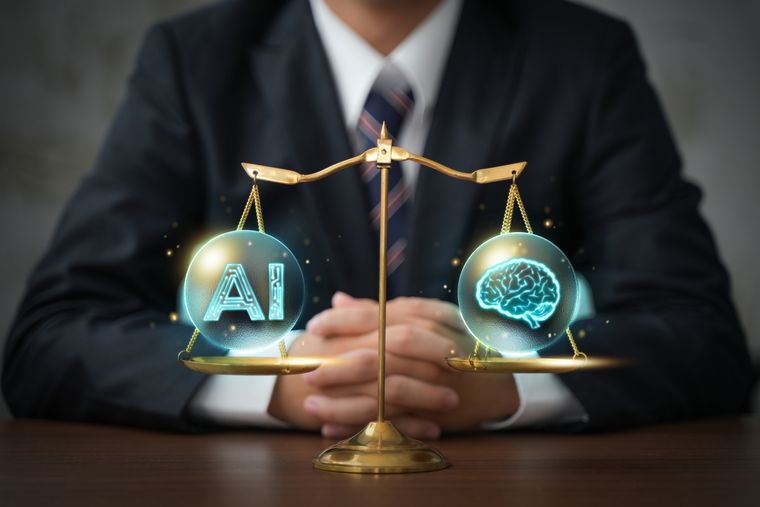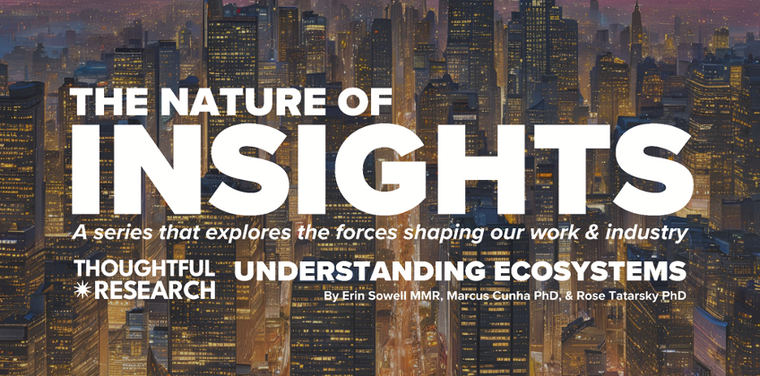Innovations
Discover the stories of the latest, never before done projects. Learn and be inspired by your peers.
AI will always trend towards the middle. Cultural intelligence is your unfair advantage. Insight should provoke, not pacify. It should rebel, not regress. That’s how you avoid the Coldplay Effect.
Untouched data contributes 2% of global greenhouse gas emissions, equal to the aviation industry.
AI is increasingly seen as a solution for research, but a ScienceDirect report reveals that collaboration with human researchers is still in early stages, especially in thematic analysis.
AI is changing how we generate insights, but not all AI-driven methods are the same. Relying solely on 'synthetic data' can be misleading and unhelpful, as it should not be treated as a catch-all term for all AI outputs.
Unlocking Energy Resilience
5 min readThermal Energy Storage Systems Market to Surpass USD 102.6 Billion by 2034
Marketing planning often focuses too much on past sales and market share, which doesn't indicate future competitiveness. To gauge a brand’s potential, it's crucial to assess its current marketing performance.
Can synthetic data be considered fully anonymised data under the EU General Data Protection Regulation (“GDPR”)?
Do 95% of human behaviours really occur subconsciously? This article describes three pervasive behavioural science myths – and suggests what we can do about them.
Alex started a three-month internship at HarrisX, focusing on commercial research. Explore the environmental impact of Easter chocolate consumption and examine consumer awareness and barriers to plant-based options.
(Reflections on Meaning in the Age of Information Overload)
In today's digital world, consumers desire personalised experiences, but it can feel intrusive rather than helpful.
This article presents case studies on AI's role in enhancing market research and driving business success.
Interventions to change others’ behaviour fail for three main reasons. This article describes these reasons – and what you can do about them.
The insights industry is evolving with AI and ethical challenges, focusing on trust, data quality, and the importance of human insights.
Uncover the hidden forces shaping today’s business landscape. Adopting an Ecosystem Lens gives you a deeper understanding of the elements, interactions, and dynamics that drive success across organizations, industries, and markets.
In a rapidly changing market, brands can't rely on intuition and outdated benchmarks. Many teams still depend on traditional KPIs and extensive manual analysis for concept testing.
In this article, we explore how micro-habits can transform marketing, research, and data-driven decision-making, offering a fresh approach to business intelligence.
The influence of rare, high-impact events, or "wildcards," like COVID-19 and 9/11, on consumer behaviour and market research. A better understanding and classification of these events is needed to anticipate future changes in consumption patterns.
Screens connect us, serving as teachers and giving access to concerts, news, and captivating images, all without distance being a barrier.
Going Beyond the ‘Exotic Aisle’…
4 min readEthnic food moves past monolithic with a new wave of seasonings, spices and condiments that are as big in personality as in taste


